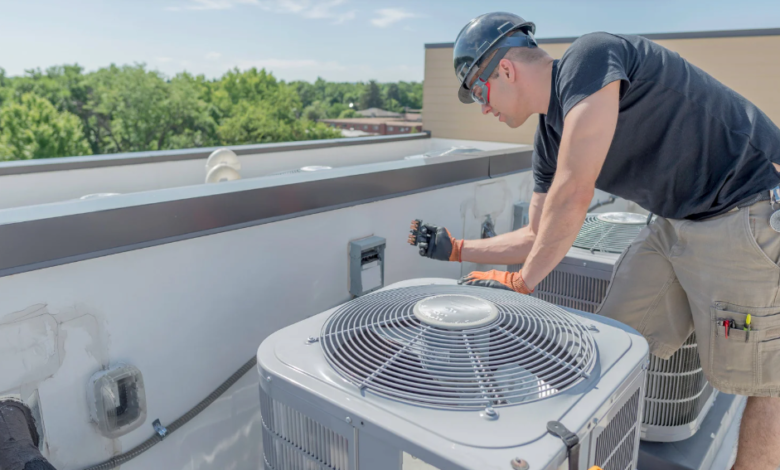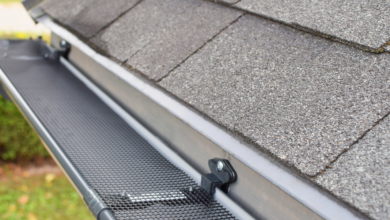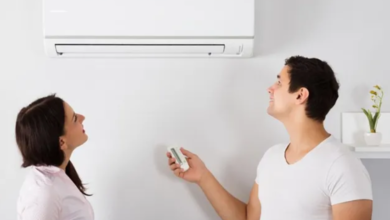How Smart HVAC Technology Can Lower Your Energy Bills

Smart HVAC systems have revolutionized how homeowners control comfort and energy usage. These systems go beyond simple heating and cooling by integrating intelligent sensors, programmable thermostats, and automated settings. Their ability to adapt in real time to your usage patterns can significantly reduce utility expenses. Whether you’re in a newer home or considering a system upgrade for HVAC in Burnt Store, smart technology can offer noticeable improvements in efficiency. Understanding how these advancements work helps homeowners make informed decisions about their long-term energy savings. Let’s explore the features and advantages of smart HVAC systems in managing energy consumption and overall performance.
Energy Efficiency Through Automation
Smart HVAC technology adjusts heating and cooling based on occupancy, humidity levels, and real-time outdoor conditions. Unlike traditional systems that operate on fixed schedules, smart thermostats optimize temperature settings dynamically. Features like geofencing ensure your home isn’t cooled or heated unnecessarily when you’re away. Additionally, these systems provide detailed reports and alerts, enabling homeowners to make better choices that align with energy conservation goals. A significant benefit is reduced energy wastage during off-peak times without sacrificing indoor comfort.
See also: Why Working with a Local Home Construction Company Matters More Than Ever
Lifespan Extension with Proactive Maintenance
Energy-efficient systems are not only intelligent but also built with components that require less frequent replacement. To enjoy long-term performance, it’s important to take note of tips to extend the life of your HVAC system, such as regular inspections, filter replacements, and system calibration. These practices, often automated or tracked by smart HVAC systems, help reduce stress on components and lower the likelihood of major breakdowns. Over time, this translates to fewer service calls and minimized costs associated with premature part failure.
Upgrades That Make a Difference
Integrating advanced technology into your HVAC system is an investment in comfort, savings, and environmental responsibility. While many homeowners remain unaware of the benefits of upgrading to an energy-efficient HVAC system, those who have made the switch often report lower monthly bills and improved air quality. Features like variable-speed compressors, zoned temperature control, and improved refrigerant use all contribute to decreased energy use. These upgrades work together with smart system monitoring to ensure optimal operation and faster response times when environmental conditions change.
The Future of Home Climate Control
Smart HVAC systems align with modern energy-saving goals and sustainable living standards. As more homes adopt smart thermostats, AI-powered ventilation, and eco-friendly components, the role of HVAC technology in reducing carbon footprints becomes even more critical. Many systems now integrate with voice assistants and home automation tools, creating a seamless and energy-conscious environment. These advancements make it easier than ever for homeowners to take control of their energy usage while enjoying year-round comfort.
Conclusion
From automated settings to detailed maintenance tracking, smart HVAC systems are transforming energy management in residential spaces. They not only cut down monthly utility bills but also enhance long-term performance and indoor comfort. As technology continues to evolve, embracing intelligent solutions will become an essential step for any homeowner seeking reliable and cost-effective temperature control.





